U.S. Presses Covert Airstrikes in Yemen
Following Yemeni President Ali Abdullah Saleh's emergency departure for medical treatment last week, the U.S. government has taken advantage of the resulting power vacuum to resume covert fighter jet and drone attacks that have killed civilians and suspected terrorists alike. (more)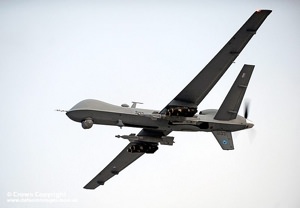
Following Yemeni President Ali Abdullah Saleh’s emergency departure for medical treatment last week, the U.S. government has taken advantage of the resulting power vacuum to resume covert fighter jet and drone attacks that have killed civilians and suspected terrorists alike.
Washington officials report that American intelligence services have been receiving more leads about the locations of terrorist suspects, but that recent, intensifying conflicts between groups competing for power in Saleh’s absence have increased the likelihood that rival factions could contrive to manipulate U.S. forces into attacking their own political opponents. And the U.S. campaign against al-Qaida forces in the south could backfire if the airstrikes kill civilians and feed al-Qaida’s call for jihad. –ARK
Your support matters…The New York Times:
The acceleration of the American campaign in recent weeks comes amid a violent conflict in Yemen that has left the government in Sana, a United States ally, struggling to cling to power. Yemeni troops that had been battling militants linked to Al Qaeda in the south have been pulled back to the capital, and American officials see the strikes as one of the few options to keep the militants from consolidating power.
On Friday, American jets killed Abu Ali al-Harithi, a midlevel Qaeda operative, and several other militant suspects in a strike in southern Yemen. According to witnesses, four civilians were also killed in the airstrike. Weeks earlier, drone aircraft fired missiles aimed at Anwar al-Awlaki, the radical American-born cleric who the United States government has tried to kill for more than a year. Mr. Awlaki survived.
… “We’ve seen the regime move its assets away from counterterrorism and toward its own survival,” said Christopher Boucek, a Yemen expert at the Carnegie Endowment for International Peace. “But as things get more and more chaotic in Yemen, the space for the Americans to operate in gets bigger,” he said.
Independent journalism is under threat and overshadowed by heavily funded mainstream media.
You can help level the playing field. Become a member.
Your tax-deductible contribution keeps us digging beneath the headlines to give you thought-provoking, investigative reporting and analysis that unearths what's really happening- without compromise.
Give today to support our courageous, independent journalists.

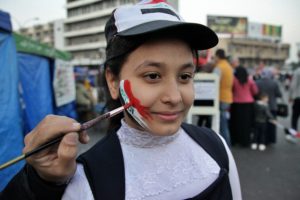
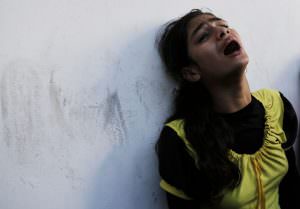
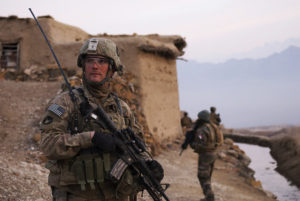
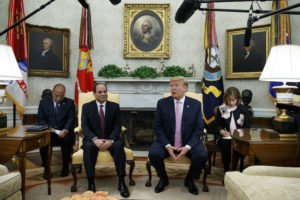

You need to be a supporter to comment.
There are currently no responses to this article.
Be the first to respond.